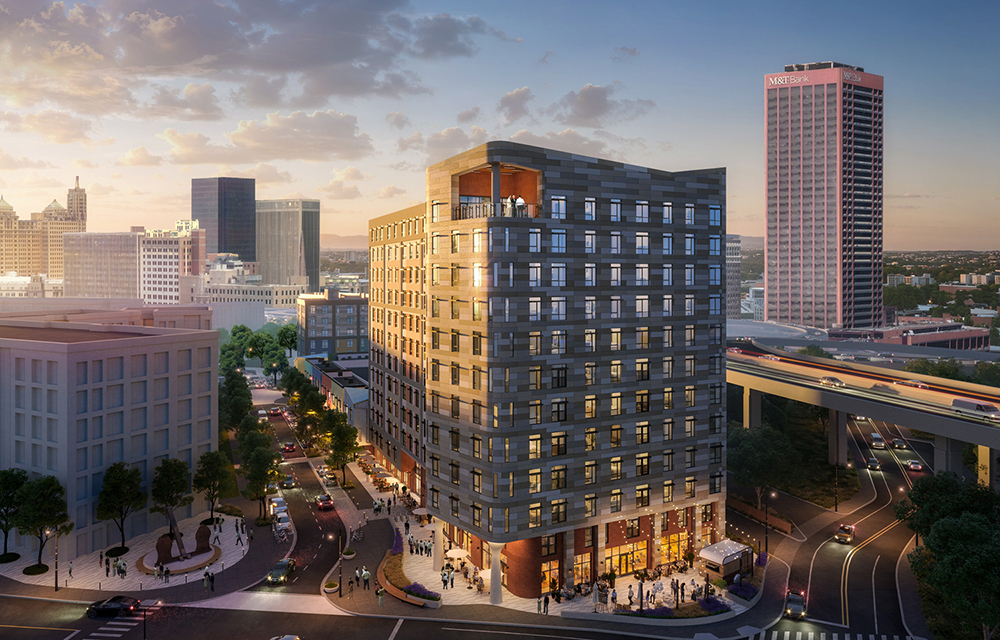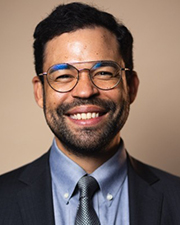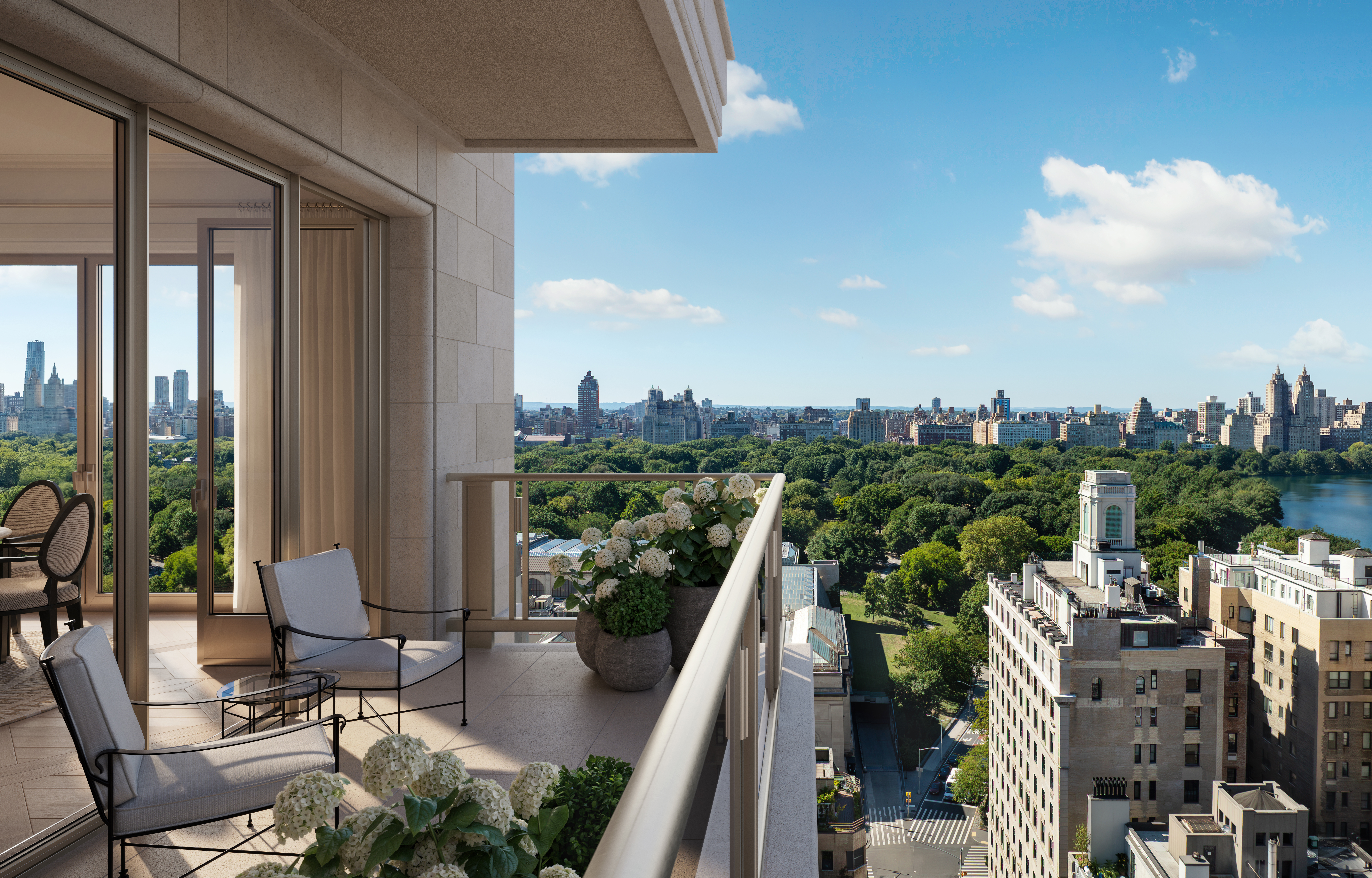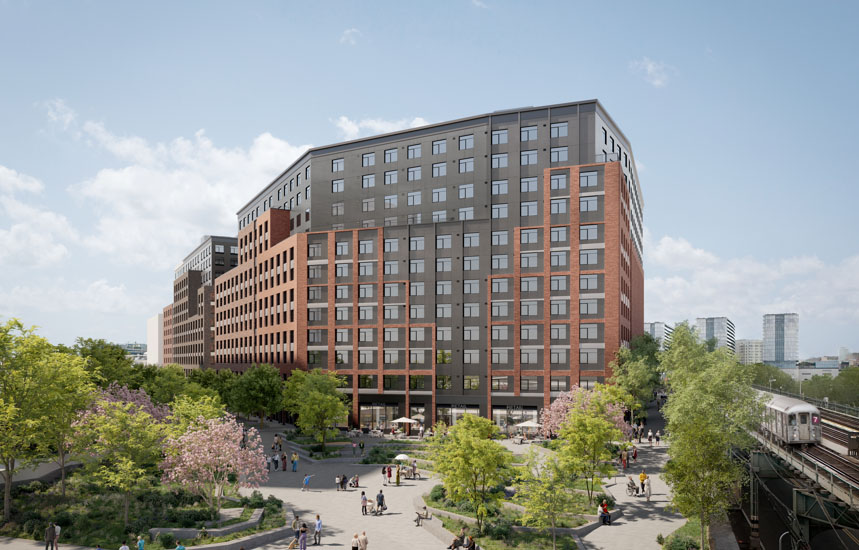Navigating NYC Local Law 126, Cycle 10A of FISP, mandatory parapet inspections, and New Jersey’s Condo Inspection Law: Key deadlines and requirements - Joe DiPompeo

As regulations in the tri-state area continue to evolve, property owners and managers are facing significant deadlines for building inspections aimed at safeguarding public safety. Among the most crucial requirements are NYC Local Law 126, Cycle 10A of the Facade Inspection & Safety Program (FISP), mandatory parapet inspections for certain buildings in New York, and the New Jersey Condominium Inspection Law. Here, we break down each of these regulations, focusing on the compliance deadlines and inspection protocols.
NYC Local Law 126: Parking Structure Safety
Local Law 126, passed in 2021, aims to improve the structural integrity of parking garages across NYC through regular and thorough inspections. This law addresses structural safety for all parking structures, with specific deadlines for initial and recurring inspections based on the garage’s location.
Key Deadlines and requirements:
Local Law 126 mandates that all parking garages undergo an inspection by a licensed professional engineer, submitted on a fixed schedule according to borough-based cycles:
• Local Law 126 Inspections are required by:
• Manhattan Community Districts 8 – 12 and Brooklyn Community Districts: January 1, 2024 – December 31, 2025
• Bronx, Queens, and Staten Island Community Districts: January 1, 2026 – December 31, 2027
• All NYC parking garages must undergo an annual inspection following the submission of the initial report. This yearly observation ensures continuous compliance with safety and maintenance standards, with inspections required once a year.
• All NYC parking garages except Manhattan garages that filed a report by the end of last year need to file an annual report by end of July 2024, which has already passed, and each year until their respective deadlines for the full filing.
Re-inspections must be done by a licensed professional (PE & QPSI) every six years, with detailed reports submitted to the NYC Department of Buildings (DOB).
Significant Amount of Parking Structures Still Need Inspections
According to the New York City Department of Buildings database, an analysis of the current status of parking structure inspections in New York City reveals that a significant number of facilities have yet to comply with the inspection requirements. Out of the total parking garages across the city, over 4,800 have not filed the necessary inspection reports.
Breaking down the data by borough:
• Queens has the highest number of non-compliant structures, with approximately 1,890 parking garages still needing to file their inspection reports.
• Manhattan follows closely with around 1,600 garages yet to comply.
• Brooklyn has approximately 1,500 garages that have not completed their inspections.
• The Bronx has 644 garages that still need to file.
• Staten Island has the fewest with 52 unfiled reports.
NYC FISP Cycle 10A: Upgrading Façade Safety Standards
The Facade Inspection & Safety Program (FISP), formerly known as Local Law 11, is designed to ensure that building facades five stories or taller are structurally sound and safe for the public. Every five years, building owners must file a report based on an inspection performed by a Qualified Exterior Wall Inspector (QEWI). As Cycle 10 begins, Sub-Cycle 10A launches on February 21, 2025, kicking off a new wave of inspections and filings.
Sub-Cycle 10A Deadlines
Cycle 10 is divided into several sub-cycles, each with specific deadlines for filing reports. Buildings in New York City with block numbers ending in 4, 5, 6, or 9 fall under FISP Sub-Cycle 10A
• Filing opens: February 21, 2025
• Final filing deadline: February 21, 2026
Building owners whose properties fall into Sub-Cycle 10A should begin preparations now, as inspections and repairs can be time-intensive, particularly for large or historic buildings that may require specialized assessments.
Inspection Process and Classification
During a FISP inspection, the building conditions are categorized into three classifications:
• Safe
• Safe with a Repair and Maintenance Program (SWARMP): Minor issues that need monitoring and potential repair.
• Unsafe: Conditions that pose immediate safety risks and require immediate repairs.
For properties classified as unsafe, building owners must take immediate action to rectify hazards and, if needed, install protective measures such as sidewalk sheds or scaffolding to ensure public safety.
NYC Mandatory Annual Parapet Inspections
In addition to facade and parking structure inspections, NYC has introduced mandatory parapet inspections to address safety concerns associated with parapets — walls or barriers at the edge of rooftops that can deteriorate over time. This requirement is aimed at buildings with parapets visible from the street or affecting public areas, ensuring that parapet structures are regularly inspected and repaired as needed to prevent potential hazards.
Key Deadlines and Requirements
Qualified professionals must assess the parapet conditions with immediate repairs required for any unsafe conditions.
The deadline for annual parapet inspections in New York City is December 31st each year, beginning in 2024. The inspection must be performed by a qualified professional, such as an Engineer or Architect. The inspector must create an observation report that the building owner must keep on file for at least six years. The building owner must also provide the report to the Department of Buildings (DOB) upon request.
Inspection Process and Classification
During the parapet inspection, the engineer evaluates the structural integrity of the parapet walls, noting any signs of deterioration, loose materials, or structural issues. Parapets are classified within the same categories as the facade, requiring either:
• Immediate repair if unsafe
• Monitoring and potential future repair
• Maintenance if deemed safe
The New Jersey Condo Inspection Law: Enhancing Safety for Residential Buildings
Following the 2021 Champlain Towers collapse, New Jersey enacted a new Condominium Inspection Law to ensure the structural integrity of aging residential buildings. This law mandates inspections for condominiums and cooperatives that meet specific criteria, focusing on identifying and addressing potential structural risks.
Key Deadlines and Requirements
Licensed engineers are required to assess both exterior and interior structural elements, including foundations, walls, balconies, and other key load-bearing features. Here are the key requirements and deadlines for New Jersey’s condo inspection law:
• Initial inspection: A structural inspection must be performed within 15 years of the building receiving a certificate of occupancy. If the building received a certificate of occupancy more than 15 years ago, the inspection must be completed by January 8, 2026.
• Subsequent inspections: Inspections must be performed within five years of the previous inspection.
• Re-inspections: If any damage is found during an inspection, a re-inspection must be performed within 60 days.
• Licensed engineers: A New Jersey licensed engineer (PE) must perform the inspection.
• Capital Reserve Study: The law amends the Planned Real Estate Development Full Disclosure Act, making it mandatory for all associations (with exceptions for those with less than $25,000 in common area capital assets) to obtain a capital reserve study and a 30-year funding plan. Associations, whether existing or newly formed, must complete a reserve study within specified timelines. The study should be conducted by a licensed engineer, architect, or a reserve specialist, as per defined qualifications.
These requirements aim to enhance long-term structural integrity, financial health, and safety for residents in covered buildings throughout New Jersey.
A Proactive Approach to Building Safety Compliance
With multiple safety regulations and deadlines on the horizon, property owners and managers in New York and New Jersey must stay proactive to ensure compliance. Engaging licensed professionals early and scheduling inspections well in advance allows for a smooth compliance process, mitigating penalties and reducing the risk of urgent, costly repairs.
These building inspection laws reflect a strong commitment to public safety, ensuring that property owners take necessary measures to prevent structural failures. A comprehensive approach to compliance not only protects residents, tenants, and the public but also enhances the long-term stability and value of the buildings themselves.
Joe DiPompeo, PE is president of Structural Workshop, LLC, Mountain Lakes, N.J.
Habitat, Duvernay + Brooks and Buffalo Municipal Housing close on 254-unit first phase redev. of Marine Drive Apts.


Strategies for turning around COVID-distressed properties - by Carmelo Milio








.gif)

.gif)
.jpg)
.gif)